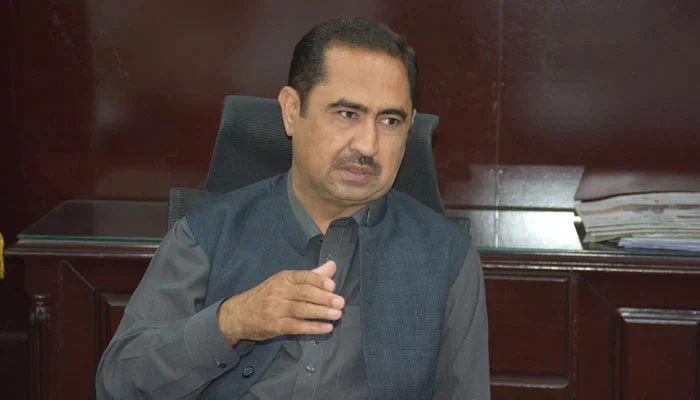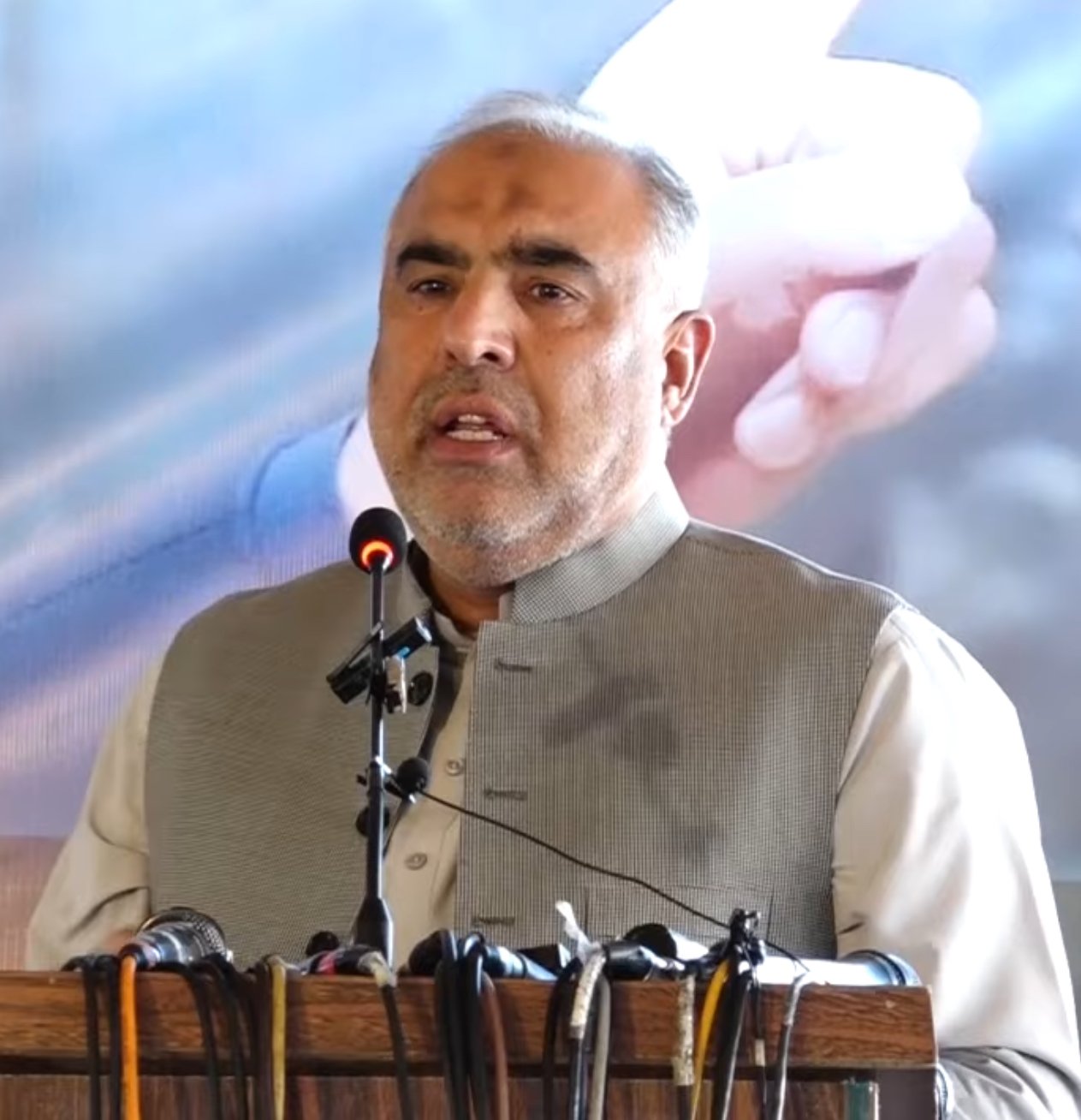
Dr. Muhammad Tayyab Khan Singhanvi
The Gaza crisis and Trump plan expose the current architecture of world politics. Although the plan promises ceasefire and humanitarian aid, it risks subordinating Palestinian self-determination through security conditions rather than legal guarantees. Furthermore, the deadly wave that began on October 7, 2023, displaced hundreds of thousands and left thousands more wounded or killed. Consequently, this created urgent demands for immediate and unconditional humanitarian access. Within this context, the Gaza crisis and Trump plan appear primarily as political maneuvers. In effect, they seem designed to address Israel’s security concerns rather than protect Palestinian rights.
Trump’s plan proposes the release of hostages within 72 hours, amnesty in exchange for disarmament, and the creation of an international “Board of Peace” to manage Gaza’s reconstruction. Importantly, it excludes Hamas from governance. Although framed as aid and rebuilding, these measures undermine political representation, dismantle indigenous resistance structures, and impose external control over Gaza’s future. As a result, excluding a duly elected movement casts doubt on the legitimacy of any peace agreement. Therefore, sustainable peace requires all stakeholders to participate with dignity at the negotiating table.
International reactions have exposed the plan’s ambiguities. The Palestinian Authority expressed cautious approval, whereas Islamic Jihad rejected it outright. Similarly, Muslim states offered mixed responses. Meanwhile, Pakistan requested safeguards and amendments. At the same time, the UN Security Council remains divided over ceasefire resolutions, which shows that global consensus is far from uniform. Moreover, the involvement of figures such as Tony Blair adds further controversy. Given his past role in Iraq, doubts about his neutrality in addressing the delicate situation in Gaza remain significant.
Legally and morally, the plan raises pressing questions. Specifically, can the political cost of ceasefire comply with international law? Collective punishment, forced transfers, and conditional humanitarian access violate international humanitarian law. Therefore, aid and reconstruction are acceptable only if unconditional, unrestricted, and locally accountable. Otherwise, institutions that ignore legitimacy and representation should not manage these processes.
Military solutions have never produced lasting peace. If Hamas accepts the plan, hostages may be freed and temporary humanitarian relief delivered. However, core issues—occupied lands, interim arrangements, Palestinian political rights, and the future status of statehood—will remain unresolved. On the other hand, if Hamas rejects the plan, Trump’s threats and Israel’s military advantage could result in further civilian casualties. Consequently, this would worsen regional tensions and deepen international isolation.
Concrete priorities emerge clearly. First, an immediate and unconditional ceasefire, unhindered humanitarian access, and meaningful progress toward hostage release must take precedence. In addition, Gaza’s future should not be entrusted to an external “Board of Peace” or technical committees. Instead, local representatives, civil society, and the Palestinian Authority must play central roles to preserve self-determination. Moreover, reconstruction funds should operate under a transparent international mechanism to ensure local participation and fair distribution. Similarly, the diplomatic process toward a two-state solution must resume. Regional actors such as Egypt, Qatar, Turkey, and Saudi Arabia must serve as impartial mediators rather than mere power brokers. Finally, the Muslim Ummah and the international community must unite to defend human rights, uphold international law, and secure Palestinian self-determination. Clearly, lasting peace cannot exist without these foundations.
The bloodshed in Gaza demonstrates that what is required is not temporary military victories or political blueprints, but human justice, legal accountability, and comprehensive political solutions. In addition, any peace not founded on justice and dignity will prove ephemeral. Consequently, Gaza’s innocent civilians continue to pay the price. The international community, regional powers, and Muslim nations, including Pakistan, now have a historic opportunity to prioritize justice over power politics. Accordingly, they can carve a pathway that halts the bloodshed while restoring Palestinians to their rightful claims.










